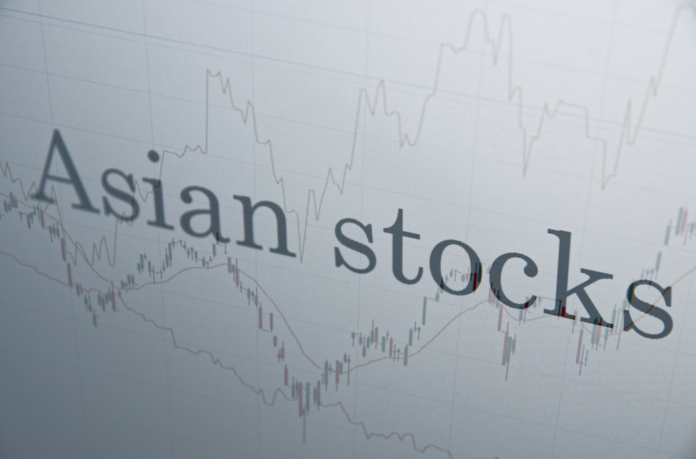Asian stocks slumped toward their worst week of the year on Friday, oil fell and the U.S. dollar surged as a string of hawkish central bank surprises made investors nervous about the economic cost of taming inflation.
MSCI’s broadest index of Asia-Pacific shares outside Japan (.MIAPJ0000PUS) lost 1.3% and is down 4.2% for the week, its worst in nine months. China was closed for a holiday but Hong Kong shares (.HSI) returned from a break with a 2% tumble.
European futures fell 0.6%.
“The situation we’ve seen globally in the last couple of weeks is that the Fed is going to be hiking more and it’s going to take longer to cure this sticky inflation problem,” said Damian Rooney, a dealer at Perth stockbroker Argonaut.
He said the Bank of England’s bigger-than-expected 50-basis point rate hike was “the straw that broke the camel’s back.”
Markets see British rates hitting 6% by year’s end, but the outlook inspired only the briefest jump in sterling before it fell along with gilt yields on worry tightening brings economic pain.
Growth proxies such as oil and the Aussie dollar each dropped about 1% on Friday. Brent crude was last at $73.41 a barrel, while the Aussie is looking shaky at $0.6698. Sterling fell 0.3% to $1.2709.
The U.S. dollar index rose 0.3% to 102.65 on Friday and is eyeing a weekly gain for the first time in a month.
“The bottom line is that central banks around the globe are becoming more hawkish now than a few months ago,” said Nomura strategist Naka Matsuzawa in Tokyo.
“The market is starting to price in more hikes and later timing of rate cuts. That’s the driving force.”
‘SENTIMENT’S WEAK’
The mood leaves markets fragile with British retail sales data and purchasing managers’ index figures due globally later in the trading day, where even positive surprises could auger badly for the interest rate outlook.
The data offered some reprieve for the yen , which defied the dollar’s strength to hold steady at 143.17 to the greenback, but added to nerves everywhere else according to Wong Kok Hoong, head of equity sales trading at Maybank in Singapore.
With onshore markets closed, China’s offshore yuan slid to a fresh seven-month low of 7.2286 per dollar as markets started doubting promises of economic stimulus even after China cut benchmark interest rates this week.
“I believe market momentum will improve next Monday with return of Southbound money and continued speculation for more stimulus policies in July,” said Steven Leung, executive director of institutional sales at UOB Kay Hian in Hong Kong.
In bonds U.S. Treasuries were sold when Fed Chair Jerome Powell reiterated that further rate hikes are likely, and were steady in Asia. Two-year Treasury yields held at 4.79% and 10-year yields at 3.78%.
Interest rate futures pricing implies about a 75% chance that the Fed hikes rates next month.
The prospect of higher rates weighed on gold , which pays no income, and it slid to three-month lows at $1,910 an ounce.

























The purchasing managers’ index data and UK retail sales data, which are anticipated globally later in the trading day and may even include surprises, have left the market in a vulnerable mood. The forecast for interest rates may be negatively impacted by the positive as well.